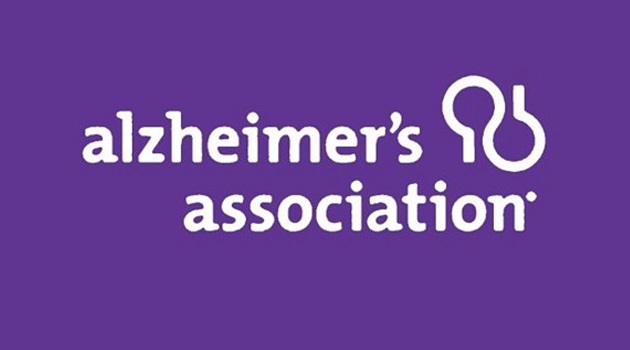The Alzheimer’s Association – South Carolina Chapter is hosting a Rally for Alzheimer’s Treatments June 17 at Martin Luther King, Jr. Park in Columbia.
This is one of 50 state rallies taking place during Alzheimer’s & Brain Awareness Month, urging the Centers for Medicare & Medicaid Services (CMS) to reverse a policy preventing those with early-stage Alzheimer’s from accessing FDA-approved treatments.
While there is still no cure for Alzheimer’s, two recently approved treatments by the U.S. Food and Drug Administration (FDA) have been shown to slow the progression of Alzheimer’s when taken in the early stages of the disease. Access to these treatments, however, remains severely hampered by an unprecedented CMS decision not to cover payment for the drugs without patients enrolling in additional clinical trials. Currently, Medicare covers all FDA-approved drugs with the exception of the two Alzheimer’s treatments.
“People living with early-stage Alzheimer’s deserve access to FDA-approved treatments now while these drugs can slow their progression and allow more time with those they love,” said Cindy Alewine, President of the Alzheimer’s Association South Carolina Chapter. “We are inviting all South Carolinians to rally with us, calling on CMS to reverse its unjust policy and remove barriers to treatment.”
Individuals interested in attending the South Carolina Rally for Access to Alzheimer’s Treatments can register at alz.org/sc.
The Alzheimer’s Association estimates each day without access to FDA-approved treatments, more than 2,000 individuals with early-stage Alzheimer’s transition to a more advanced stage of the disease where they are no longer eligible for treatment.
Today, there are more than 6 million Americans living with Alzheimer’s, including 95,000 in South Carolina. As the size of the U.S. population age 65 and older continues to grow, so too will the number and proportion of Americans with Alzheimer’s or other dementias. By 2050, the number of seniors aged 65 and older with Alzheimer’s is projected to double to nearly 13 million.
While new treatments are a critical benefit to an early diagnosis, additional benefits include:
• Medical Benefits
Early diagnosis provides an opportunity to participate in a variety of clinical trials, which advance research and may provide medical benefits. It also provides a chance to prioritize health. Some lifestyle changes, such as controlling blood pressure, stopping smoking, exercising, and staying mentally and socially active, may help preserve cognitive function longer and can improve overall quality of life.
• Emotional and social benefits
Receiving an early Alzheimer’s diagnosis may help lessen anxieties about why an individual is experiencing symptoms. Families also have the opportunity to maximize their time together and access resources and support programs.
• More time to plan for the future
An earlier diagnosis also allows individuals to be open with their family and support network about what they want during each stage of the disease. This can give them peace of mind, reduce the burden on family members and prevent disagreements when it comes to legal, financial and end-of-life decisions.
• Cost savings
Early diagnosis saves costs of medical and long-term care for both families and the U.S. government. In South Carolina the Medicaid costs of caring for people with Alzheimer’s are estimated at $652 million. By 2025, these costs are projected to increase by 25 percent.
The Alzheimer’s Association is encouraging individuals who are experiencing cognitive issues to schedule an appointment with their doctor without delay. Some forms of cognitive decline are treatable, so a medical evaluation is of critical importance. Free resources for families facing Alzheimer’s or any dementia, including on-demand classes and caregiver support are available at alz.org/sc or by calling the Association’s 24/7 Helpline at 800-272-3900.
Established by the Alzheimer’s Association in 2014, Alzheimer’s & Brain Awareness Month is dedicated to encouraging a global conversation about the brain and Alzheimer’s disease and other dementia. To learn more about the Alzheimer’s Association, available resources and how you can get involved to support the cause, visit alz.org/abam.



